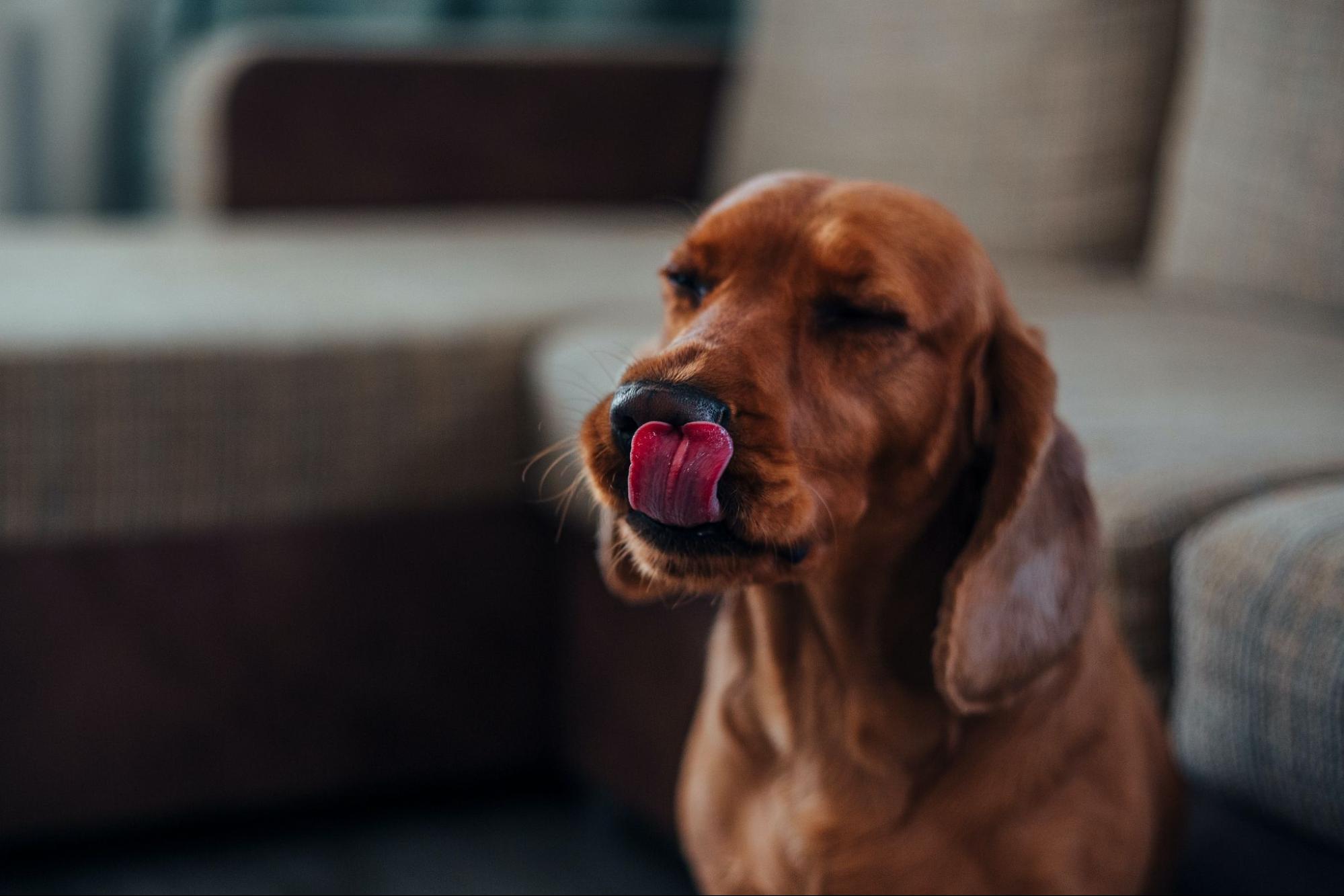How to Stop Food Aggression in Dogs
Are you having trouble with food aggression in your Labrador? In this article, I’ll share some effective strategies to help you stop food aggression in dogs. Food aggression can be a concerning behavior that needs to be addressed for the safety of both your dog and those around them.
One of the key steps in dealing with food aggression is understanding its causes. Labradors, like any other dog breed, may develop food aggression due to various factors such as genetics, resource guarding instincts, or previous negative experiences. By identifying the underlying cause, you can tailor your approach to address it more effectively.
Now let’s dive into some practical techniques to manage and eliminate food aggression in Labradors. Remember that each dog is unique, so it’s essential to find the method that works best for your furry friend. With consistency, patience, and positive reinforcement training methods, you can help your Labrador overcome their food aggression tendencies and create a safer environment for everyone involved.
So if you’re ready to learn how to stop food aggression in Labradors and gain a deeper understanding of its causes, let’s get started!

Understanding Food Aggression in Dogs
Food aggression is a common behavioral issue observed in many dogs, including Labradors. It refers to the aggressive or possessive behavior displayed by dogs towards their food or treats. This can manifest in various ways, such as growling, snarling, snapping, or even biting when someone approaches their food.
There are several possible causes for food aggression in Labradors:
- Resource Guarding: Some dogs have a natural instinct to guard their resources, including food. This behavior may stem from their survival instincts and the need to protect valuable resources from potential competitors.
- Lack of Socialisation: Insufficient exposure to different people and animals during a dog’s critical developmental period can lead to fear or anxiety around others when it comes to sharing food.
- Past Traumatic Experiences: Dogs that have experienced negative encounters while eating, such as having their food taken away forcefully or being bullied by other animals during mealtime, may develop food aggression as a defensive response.
- Medical Conditions: It’s important to rule out any underlying medical issues that could cause discomfort or pain during eating. Dental problems or digestive disorders may contribute to your Labrador’s defensive behavior around food.
To address and stop food aggression in Labradors effectively, consider the following strategies:
- Consult with a Professional: Seek guidance from a professional dog trainer or animal behaviorist who specialises in aggression issues.
- Establish Consistent Feeding Routine: Set regular feeding times and create an environment where your Labrador feels safe and relaxed while eating.
- Train Basic Commands: Teach your dog basic obedience commands like “sit,” “stay,” and “leave it.” These commands will help establish boundaries and reinforce good behavior around mealtimes.
- Gradual Desensitisation: Gradually expose your Labrador to situations that trigger their aggressive responses while providing positive reinforcement for calm behavior.
- Never Punish Aggressive Behavior: Punishment can escalate aggression and create more anxiety. Instead, focus on positive reinforcement and rewarding desired behaviors.
Remember, addressing food aggression requires patience, consistency, and a gentle approach. By understanding the underlying causes and implementing appropriate training techniques, you can help your Labrador overcome food aggression and foster a healthy relationship with food.